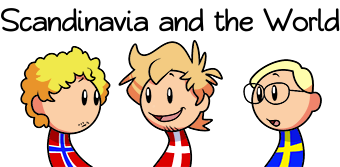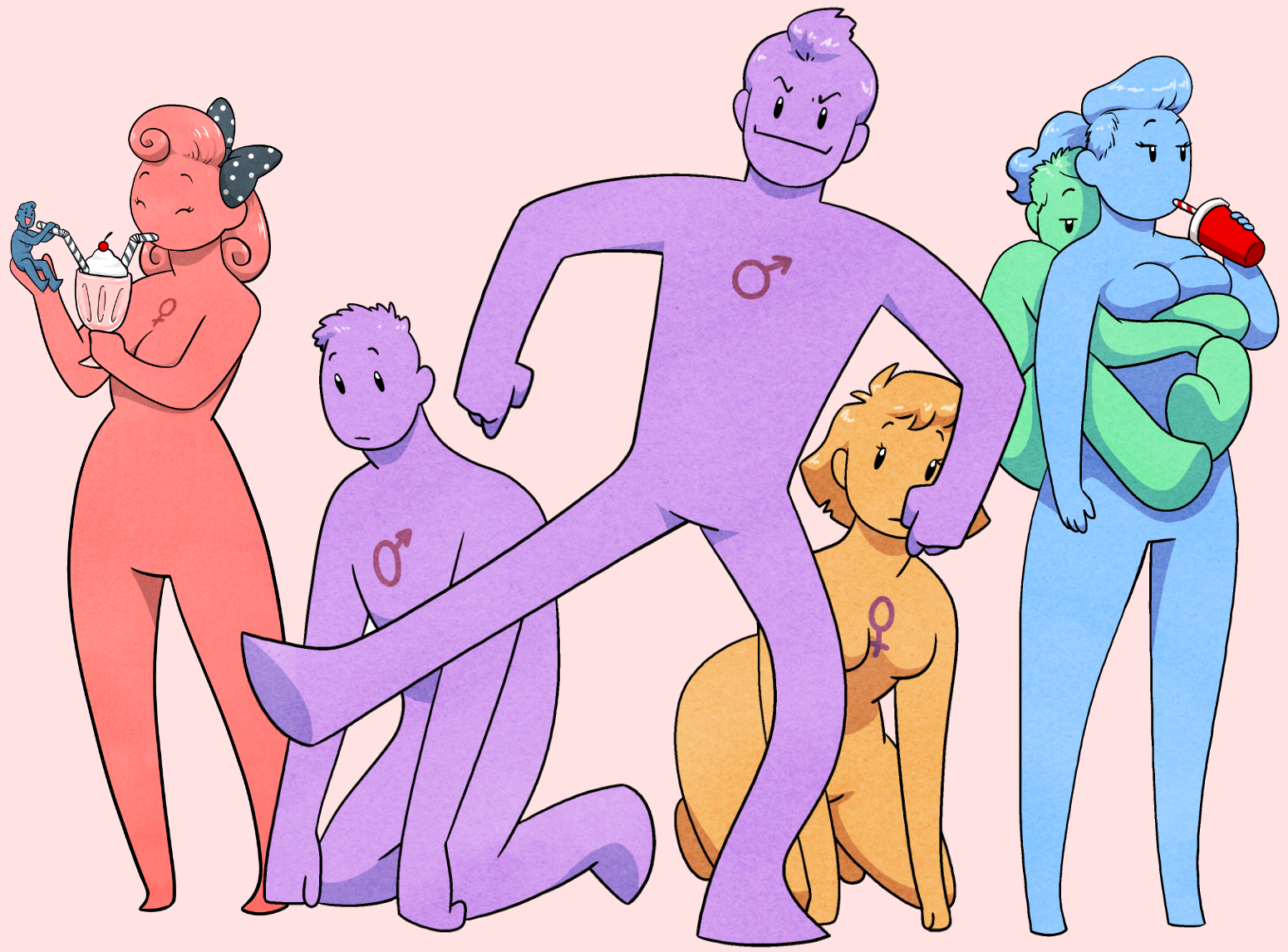
Off to the rave
There's some suggestion that the Vikings preferred dying at home because then they could join the family in death, and Hel was believed to be a neutral place like the world of the living, not the cold, wet and boring place the Christians later said it was. If that's true, going to Valhalla was probably a perk of dying in battle. You couldn't be with you loved ones, but you got to party in Valhalla.
Scandinavia
7th December 2018
Here2there



7 years ago #9804155
11
0
Nursing school would get popular really fast.
7 years ago #9802553
7
0
Ah, I knew the Internet wouldn't let me down.
https://i.imgur.com/SJMF6o2.jpg
(Local copy. It's a wallpaper, someplace, but I don't like to link those sites since someone got a virus..)
https://i.imgur.com/SJMF6o2.jpg
(Local copy. It's a wallpaper, someplace, but I don't like to link those sites since someone got a virus..)
7 years ago #9806988
4
0
Odin the Psychopomp?
By now most of you know about what Odin's sphere is, and how he chooses those who will dwell with him in his hall
But does he only chose those died in battle or there is something else about the God we don't know yet, for know we will only focus on this subject.
When Roman writers and historians spoke of the gods and goddesses of other peoples, they generally tried to identify them with deities from their own religion, with some exception like Isis,Epona, which eventually gave birth to branches like Gallo-Roman religion and such
Odin was identified somewhat with Mercury due to his association with death more than war among the Germans as Tacitus wrote in his book 'Germania'
According to the tribes roman scholars came into contact, to them Wodan was the god of death, not just those who died in battle, from sickness to sacrificial, as well as his ability to talk to the dead and mastery over necromancy (another attribute of Mercury)
So, this opens up an interesting question, if Odin was associated with all manner of dead and their souls, then why did he became associated with only those who die in battle?
https://imgur.com/a/Z49iuOy
By now most of you know about what Odin's sphere is, and how he chooses those who will dwell with him in his hall
But does he only chose those died in battle or there is something else about the God we don't know yet, for know we will only focus on this subject.
When Roman writers and historians spoke of the gods and goddesses of other peoples, they generally tried to identify them with deities from their own religion, with some exception like Isis,Epona, which eventually gave birth to branches like Gallo-Roman religion and such
Odin was identified somewhat with Mercury due to his association with death more than war among the Germans as Tacitus wrote in his book 'Germania'
According to the tribes roman scholars came into contact, to them Wodan was the god of death, not just those who died in battle, from sickness to sacrificial, as well as his ability to talk to the dead and mastery over necromancy (another attribute of Mercury)
So, this opens up an interesting question, if Odin was associated with all manner of dead and their souls, then why did he became associated with only those who die in battle?
https://imgur.com/a/Z49iuOy
7 years ago #9803869
4
0
But I think you'd still go to Valhalla if you died because you were sick cuz it's kinda like a battle just against yourself, just like how women who died during or after childbirth would also go to valhalla
7 years ago #9802827
3
0
I found a funny video with a sweedish navyship greeting a norwegian navyship with a waterhose https://youtu.be/Fyp53qb3E4A
7 years ago #9802649
3
0
There was another way to get into Valhalla. If you were a good enough warrior, you'd probably end up dying in your bed simply because you were too good in battle. For those warriors, they could get into Valhalla by carving Tyr's rune into their flesh on their death bed, and die with that open wound.
It's also hard to say how much people liked the thought of Valhalla. There were probably times when it seemed like a good deal and other times when it didn't.
Folkvanger was another option, although you had little say in whether you went there. You had to be picked by Freya, so perhaps it was a good idea to groom yourself before battle.
Ultimately we know very little, mainly because Horatio Nelson destroyed like 90% of all relics of that period before anyone had figured out how to translate them.
It's also hard to say how much people liked the thought of Valhalla. There were probably times when it seemed like a good deal and other times when it didn't.
Folkvanger was another option, although you had little say in whether you went there. You had to be picked by Freya, so perhaps it was a good idea to groom yourself before battle.
Ultimately we know very little, mainly because Horatio Nelson destroyed like 90% of all relics of that period before anyone had figured out how to translate them.
7 years ago #9802597
3
0
I've read that there was a distinction between Helheim, which was dull and not nearly as good as Valhalla but open to all those who died unremarkable deaths, and Nastrond, which was where the Wyrm Nidhogg chewed on Murderers, Adulterers and Oathbreakers.
Add comment: Please Sign in or create an accout to comment.



 Support the comic on
Support the comic on 










